If you’ve seen the HBO series Telemarketers you may be wondering about one of the organizations mentioned in the documentary, the Fraternal Order of Police.
The show traces an investigation helmed by two former telemarketers-turned-filmmakers, Sam Lipman-Stern and Pat Pespas. The two slowly form an amateur project that goes from focusing on exposing the drug culture of Civic Development Group’s workplace, to uncovering the fraudulent practices of the company. The telemarketing organization was shut down following a Federal Trade Commission investigation in 2010 for soliciting donations for police, and other causes, but actually pocketing the vast majority of the cash.
So where does the FOP fall in all of this?
Fraternal Order of Police, explained
CDG was eventually mandated by the FTC to pay $19 million in fines, but no criminal charges were brought and the company’s shutdown was only temporary, as Time reported. However, copycat companies also popped up using CDG’s same tactics and some of them were even in cahoots with some of the police, as the documentary alleges. The revelation that cops may be actively participating in such cons became the focus of Lipman-Stern and Pespas’ second half of the investigation, as NJ Advance Media explained:
“The revelation that it wasn’t just telemarketing schemers but also police groups themselves who made it possible to dupe people gave the investigation new purpose. FOP beneficiaries — real police at lodges in various states — weren’t just looking the other way as CDG cashed in by using their name, they were actively engaging in the scams.”
According to the Fraternal Order of Police’s website, they are “the world’s largest organization of sworn law enforcement officers” who “are committed to improving the working conditions of law enforcement officers and the safety of those we serve.” Put simply, some subsidiary lodges of the national FOP are the police union for that area. However, there is also a support group for families of police officers called the Fraternal Order of Police Auxiliary, an ancillary organization. There is also another side group representing civilians who want to support the main FOP members called the Fraternal Order of Police Associates, which consists of “friends and families of law enforcement officers, responsible businesspeople, professional men and women, and citizens from all walks of life,” according to the website. FOPA is also operated by a 501(c)3 charitable corporation.
The eyebrow-raising Telemarketers docuseries seems to point to more unanswered questions regarding the members of FOP’s involvement with companies like CDG. For instance, Pespas and Lipman-Stern interviewed the former FTC director, David Vladeck, who was responsible for cracking down on CDG to begin with. When the filmmakers asked Vladeck why police groups’ alleged involvement was not held to account, Vladeck said: “Because police unions are incredibly powerful … So who wants to be on the other side of the Fraternal Order of Police?”

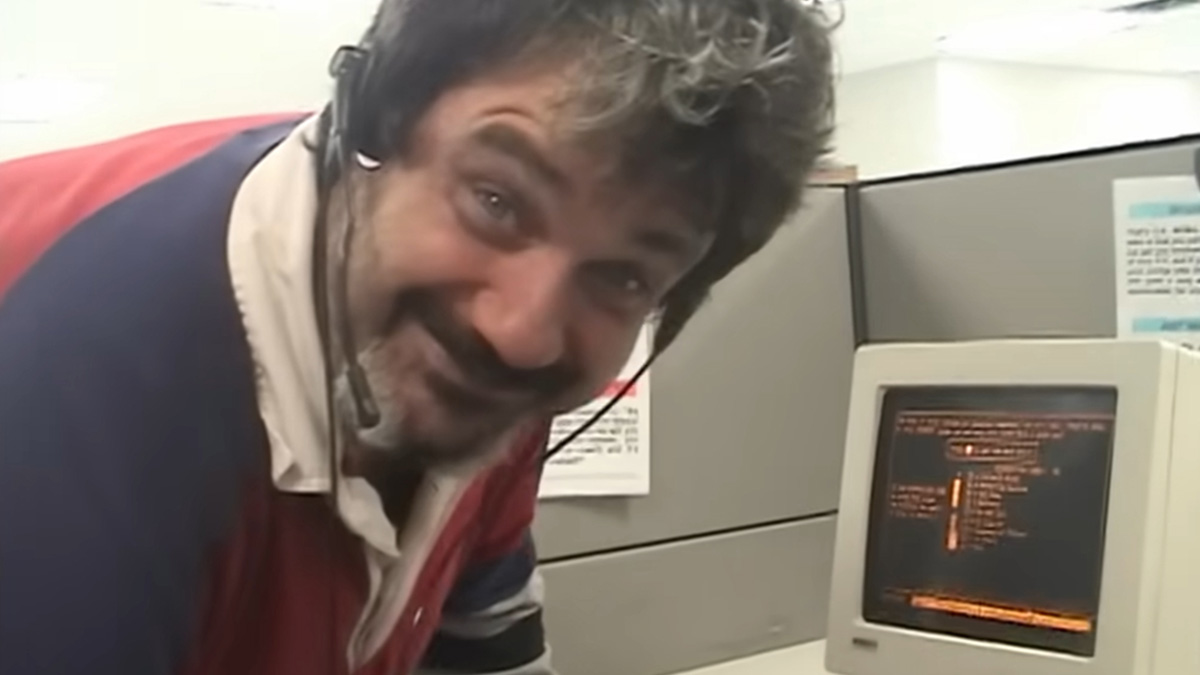
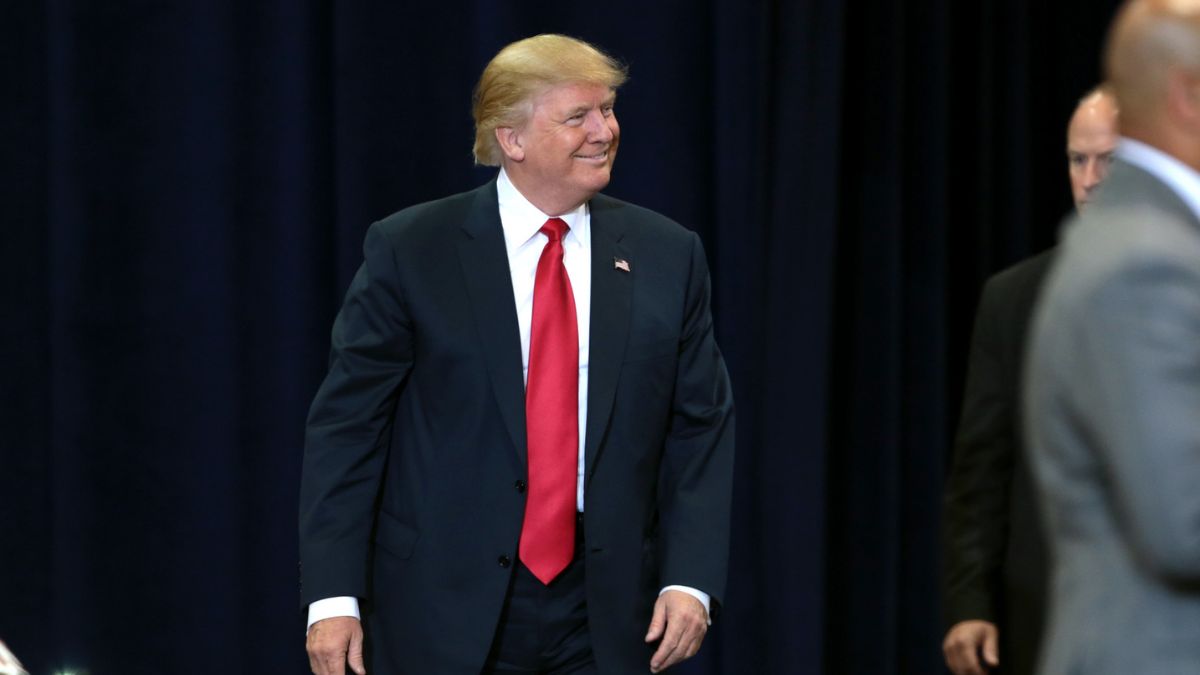
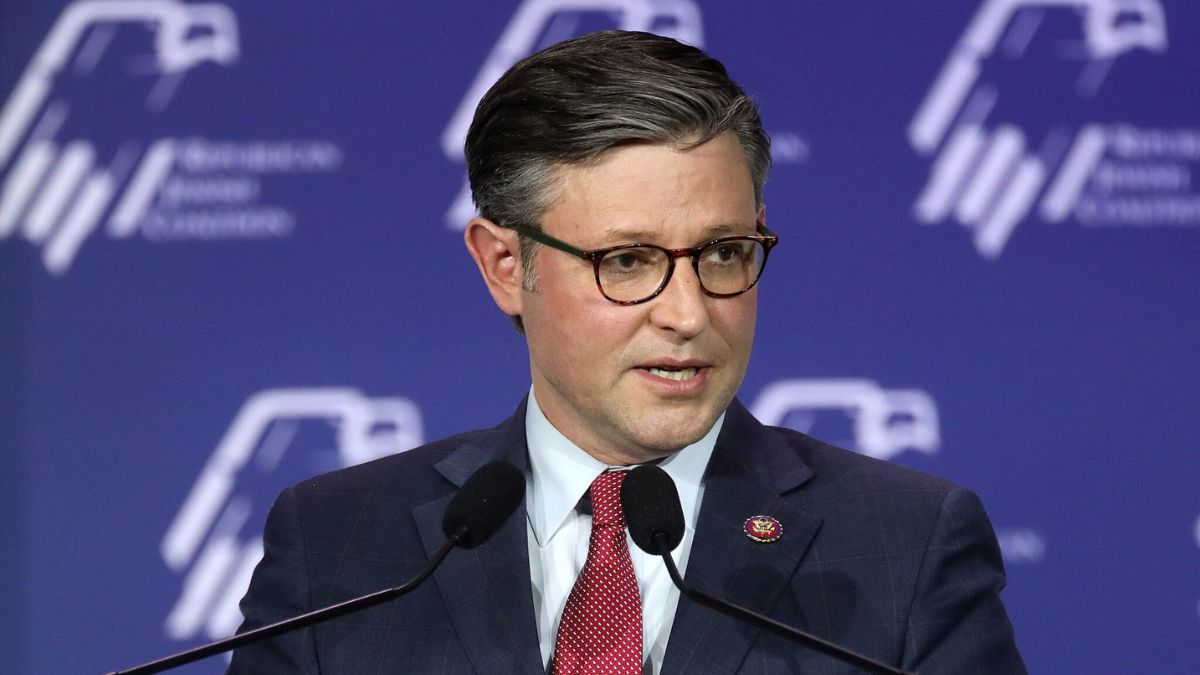
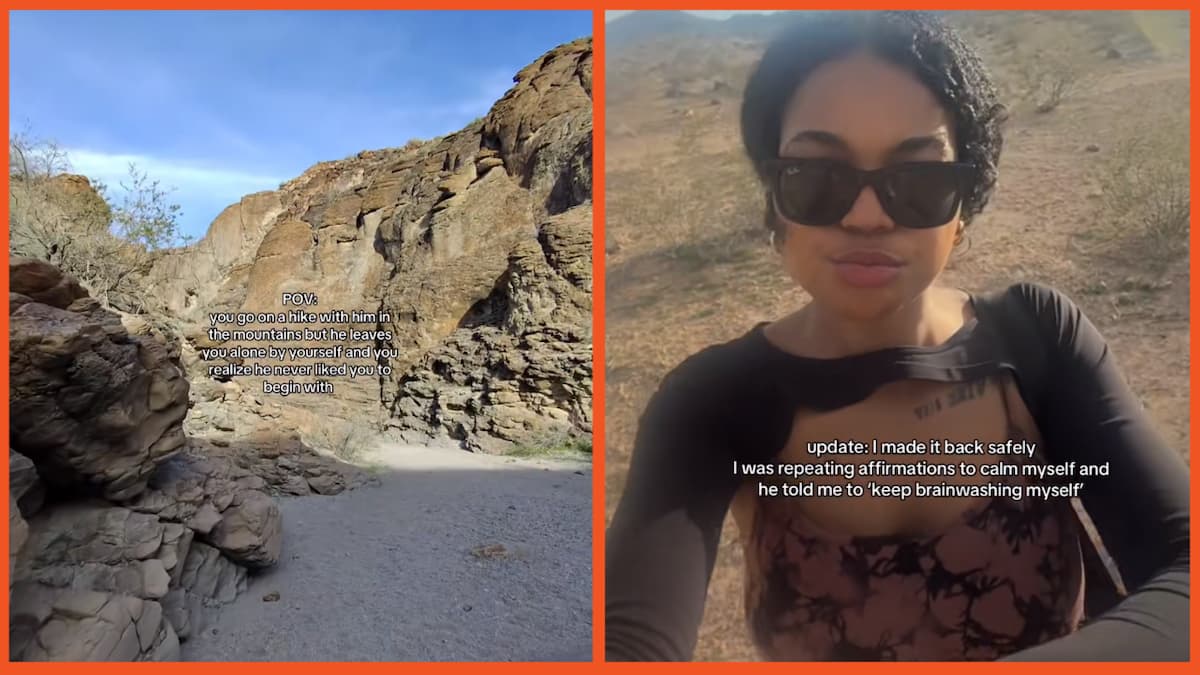
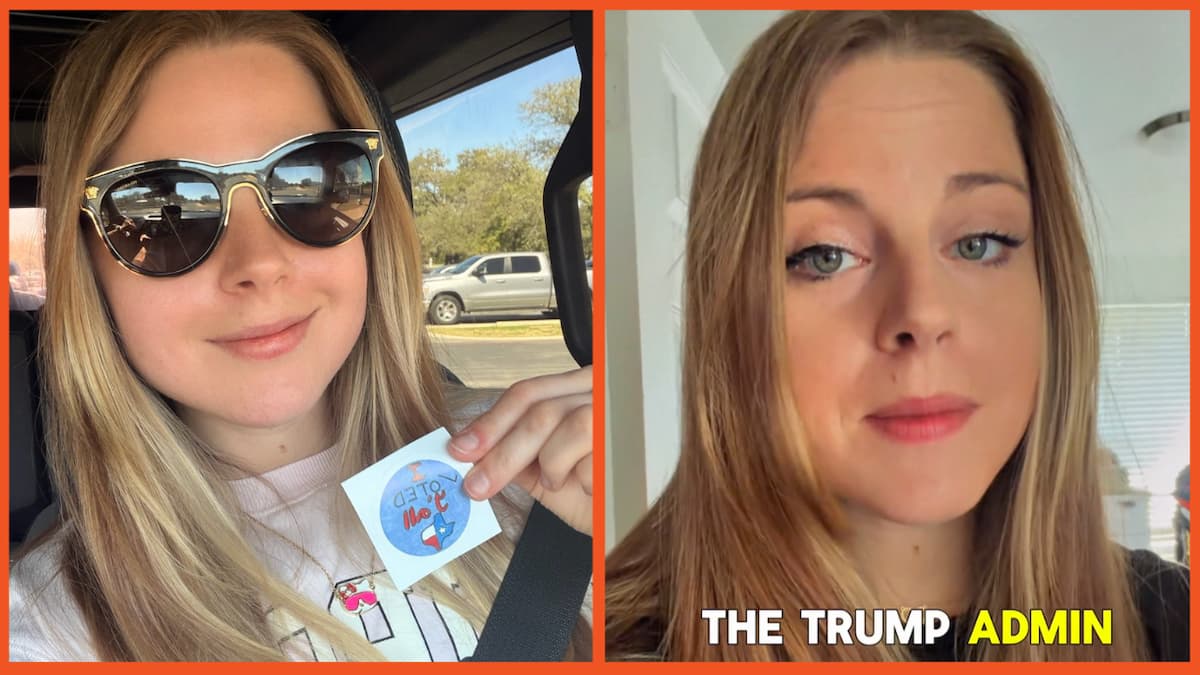
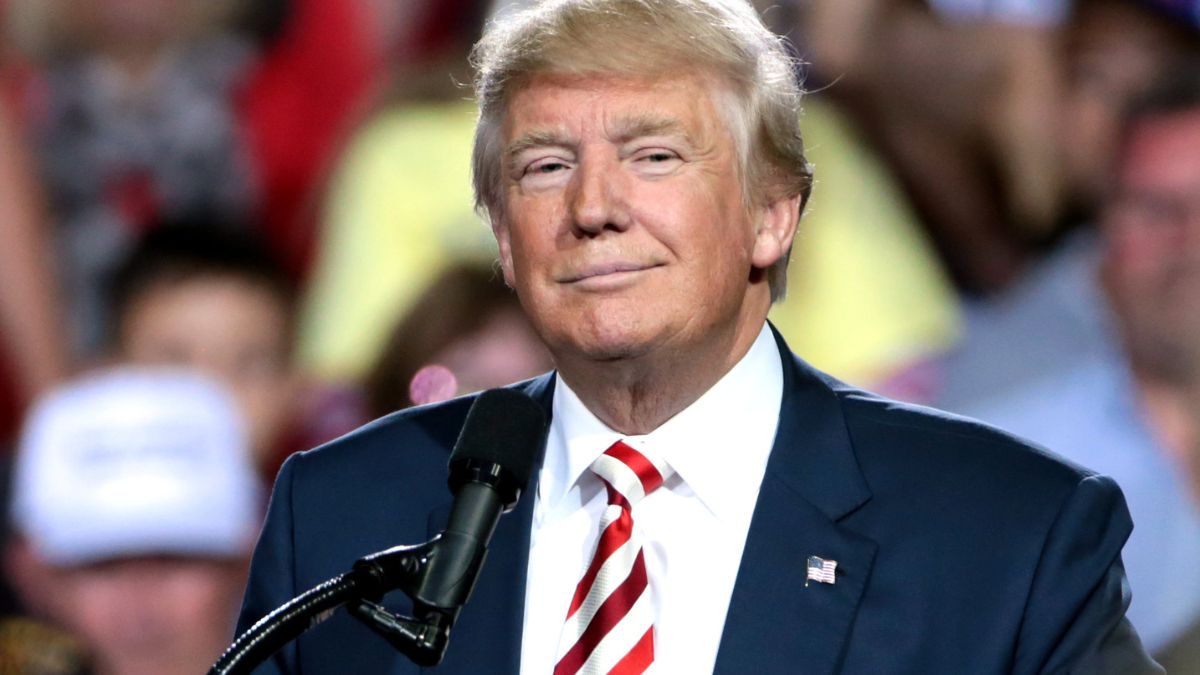
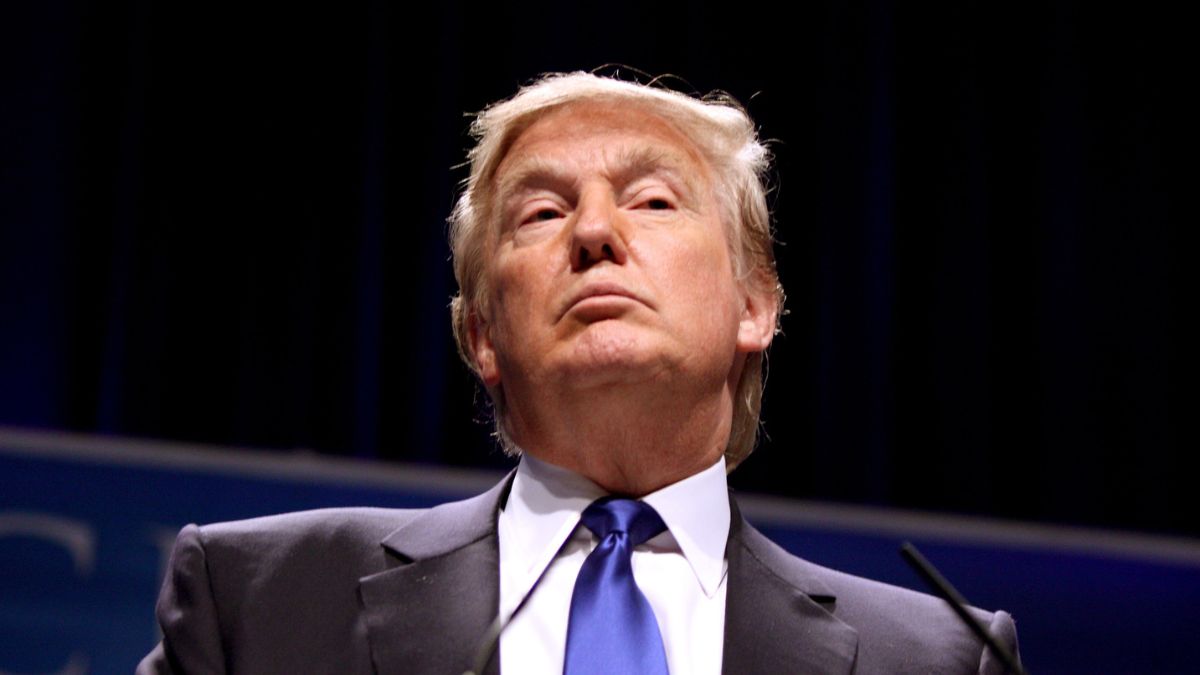

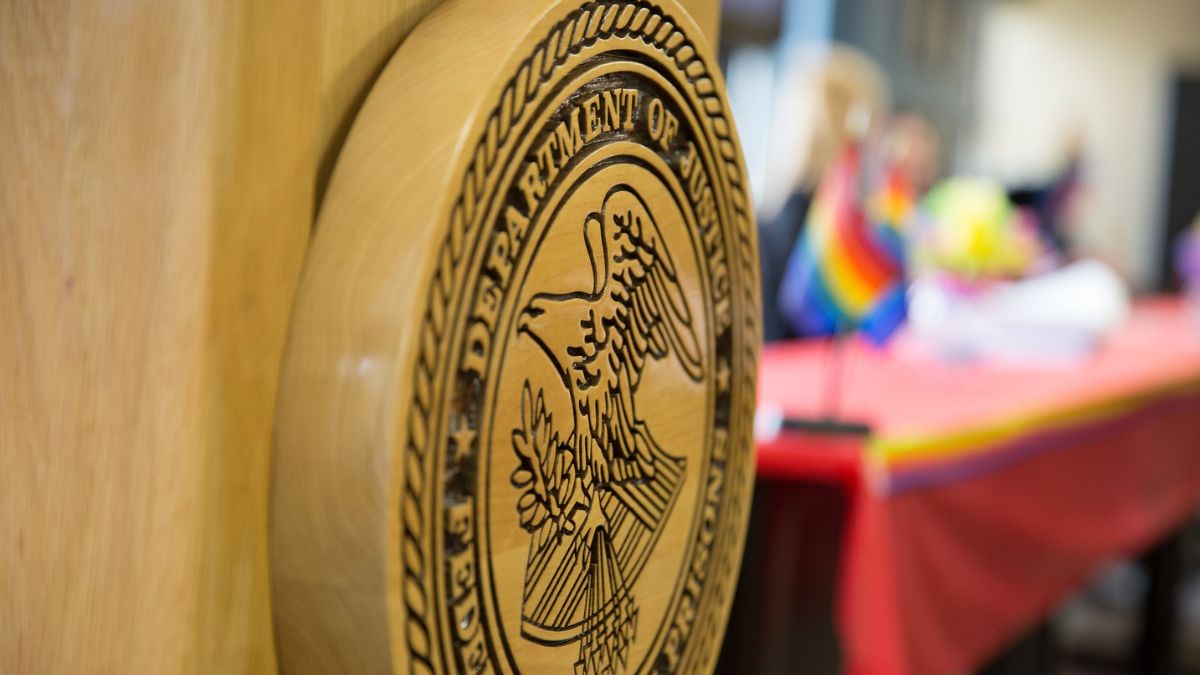

Published: Aug 21, 2023 08:53 pm